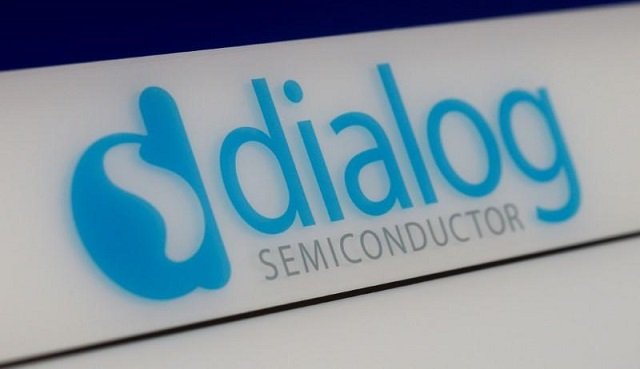
“Apple at the start of the year commissioned us with the design of chips for many devices for 2019 and 2020,” weekly Euro am Sonntag quoted Bagherli as saying in an interview published on Saturday, without providing details.
Apple confirms 'no service' issue with iPhone 7
Dialog’s stock has lost more than half of its value over the past year on investor concerns that Apple is working on its own battery-saving chips for iPhones.
Analysts reckon Dialog derives more than half its revenue from supplying Apple with power management integrated circuits (PMICs).
Dialog in December acknowledged that Apple could develop its own power chips. It said at the time there was no risk to its existing supply deals in 2018 and that it was in the advanced stages of working with Apple on designing “2019-type products” that could lead to commercial contracts by this month.
“Negotiations over that chip are still ongoing. But we expect to deliver a chip design for testing in the customer’s system in the second half of the year,” Bagherli told Euro am Sonntag.
He also said that he saw no need for Dialog to develop a defense against possible hostile takeover attempts following the drop in its market value.
Qualcomm shares fall as reports say Apple may scrap its chips
“A defense, including an anchor shareholder or poison pills to scare off bidders, are not in the interest of a stock-listed company,” he said.
Almost 89 per cent of shares in Dialog are freely traded, according to Thomson Reuters data.
Its biggest single shareholder is Tsinghua Unigroup, China’s top state silicon chipmaker, which holds about nine per cent of voting rights in the group.


1731570357-0/elon-musk-(1)1731570357-0-165x106.webp)
-(1)1717678110-0/Kendrick-(1)-(1)1717678110-0-165x106.webp)





1732347751-0/Express-Tribune-(1)1732347751-0-270x192.webp)







COMMENTS
Comments are moderated and generally will be posted if they are on-topic and not abusive.
For more information, please see our Comments FAQ